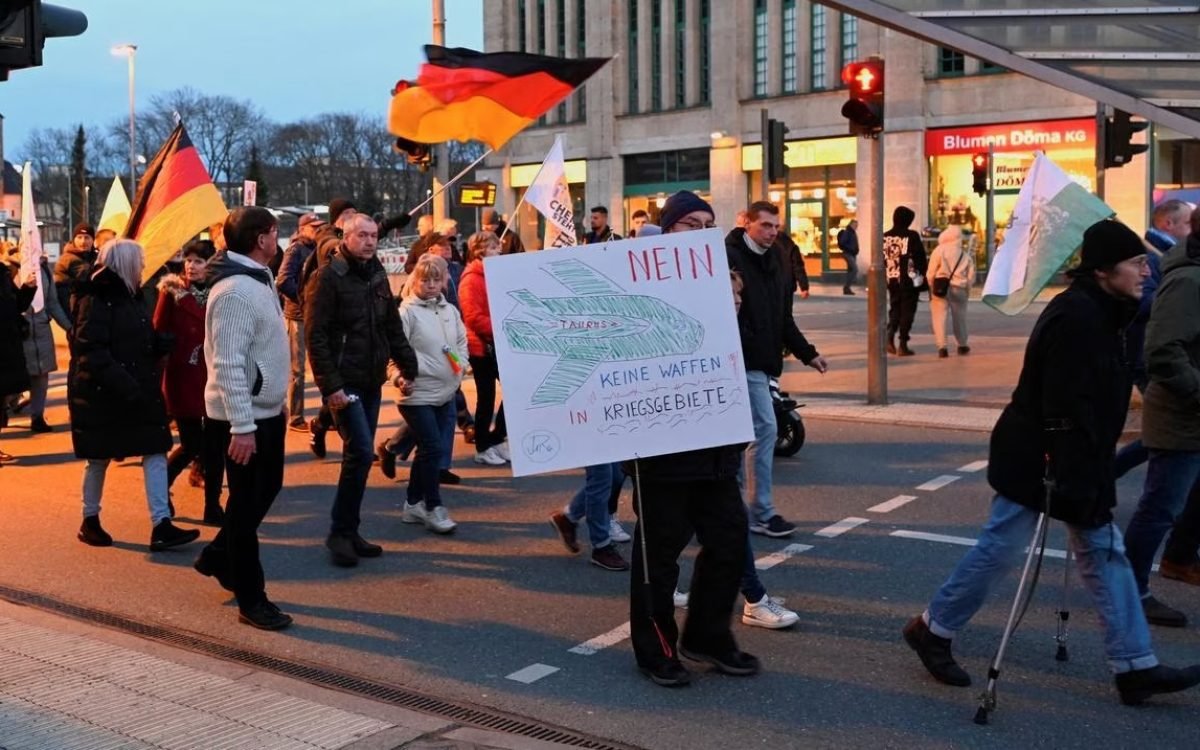In recent years, Germany has witnessed a troubling surge in xenophobic hate crimes, with cases recorded by the interior ministry more than tripling between 2013 and 2022 to over 10,000 incidents. This alarming trend has not only raised concerns about social cohesion but has also had tangible consequences on the country’s economy, particularly in the realm of skilled labor recruitment.
Impact on Skilled Labor
German companies, including medium-sized enterprises, have voiced their apprehension about the difficulty of hiring and retaining skilled foreign workers amidst rising anti-immigrant sentiment. Instances of racial slurs and discrimination have driven some foreign employees away, exacerbating an already acute shortage of skilled labor in Europe’s largest economy.
Challenges Faced by Companies
Joerg Engelmann, manager of a chemical engineering company in Chemnitz, eastern Germany, lamented the loss of foreign staff due to xenophobia, despite efforts to attract and support them. Other companies, such as SolarWatt in Dresden, have similarly reported employees leaving Germany due to feeling unsafe and uncomfortable amidst the prevailing climate of hostility.
Regional Dynamics and Political Influence
The situation is particularly acute in eastern Germany, where historical factors and economic challenges have contributed to heightened anti-immigrant sentiments. Cities like Chemnitz, which have witnessed anti-migrant protests and riots, are grappling with the repercussions of such divisive rhetoric on their communities and economies.
Political Response and Economic Impact
Political parties like Alternative für Deutschland (AfD) have capitalized on anti-immigrant sentiments, advocating for policies aimed at reversing mass migration and promoting “remigration” of foreign-origin individuals. However, such rhetoric has raised concerns among corporate executives and international observers about its potential to damage the economy and exacerbate social divisions.
Looking Ahead
As Germany grapples with the dual challenges of a skilled labor shortage and rising xenophobia, efforts to address discrimination and promote social cohesion are imperative. Initiatives at the local and national levels, including increased funding for anti-racism projects and advocacy for diversity and inclusion, are essential steps toward fostering a more welcoming and tolerant society.
Ultimately, the ability of Germany to effectively navigate these challenges will not only shape its economic prospects but also its standing as a beacon of multiculturalism and tolerance in Europe and beyond.









